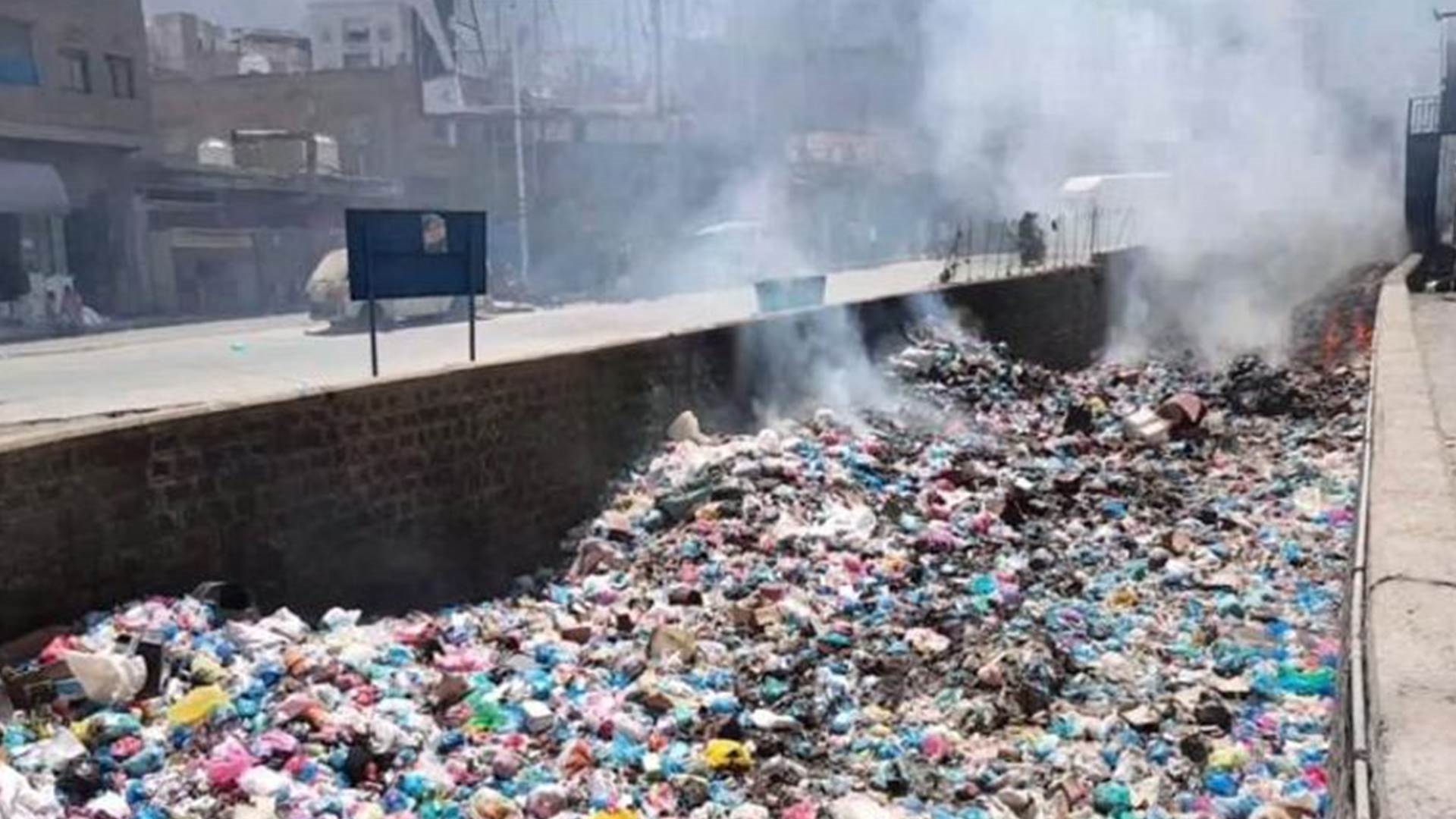Significant efforts in Egypt to turn Waste into Energy
First Bank

Imagine if we could turn the garbage we dispose of every day into electricity that illuminates our homes! This is what the concept of transforming waste into energy offers, which is a revolutionary idea in leveraging available resources and reducing environmental pollution.
Transforming waste into electricity is a global orientation aimed at meeting the need for clean energy and optimal waste disposal, which supports the concept of sustainable development, and it is worth noting that this trend is becoming increasingly important as the demand for electricity and population growth in cities, as well as global efforts to reduce carbon emissions to combat climate change.
In general, the Waste into Energy station is a facility dedicated to managing waste by burning them and turning them into electricity, also known as the waste-to-energy plant, burning municipal waste, energy recovery, or energy resource extraction.
Modern waste-to-energy plants differ from traditional waste-burning methods that have been common in recent years, and waste-to-energy plants are an important strategy for diversifying energy sources.
The Egyptian State has undertaken many efforts under this file, most notably the Waste Act, which provides many opportunities to invest in waste. The first is collection and transportation, in addition to the recycling operations for the production of fuel and fertilizer, which need costs for the construction of factories through the private sector, as well as heat treatments for the conversion of waste for electricity, for which the electric feeding tariff has been issued at 1.40 pennies per hour.
In addition, the new Waste Management Act was promulgated in March 2022 in order to establish conditions and regulations governing the collection, transfer and recycling of waste, given the surge in the area of waste management, where it has become the subject of investment. One of the regulations regulated by the Act is the management of waste in new urban communities.
Furthermore, Egypt applies the German model to convert waste into energy burning of 400 thousand tons per year, averaging 1200 tons per day of waste This model requires about 440 workers and 100 cars to collect waste and clean up the streets. and generates an annual income of up to 90 million euros, as the generation of energy from waste depends on the latest technology and includes an emission monitoring, control and treatment system to comply with German standards for air pollution from incinerators and electricity generation plants
In addition, the opening of the first waste-to-renewable-energy plant, as the first real model for transforming waste for electrical energy and organic fertilizer, is the first project of its kind in Egypt, as this technology is zero-emission, an indicative project with a capacity of about 2.5 tons per day and a production capacity of about 100 kilowatt hours of electric power
Egypt seeks further progress in this file, where the Egyptian Government aims to build 56 waste recycling plants of various kinds, with 28 currently operating
These efforts are aimed at the safe disposal of waste, which has an annual production volume of about 90 million tons, of which 26 million tons of solid waste (garbage), equivalent to about one third of Egypt's waste production, however, only about 20% of these generated quantities are recycled







